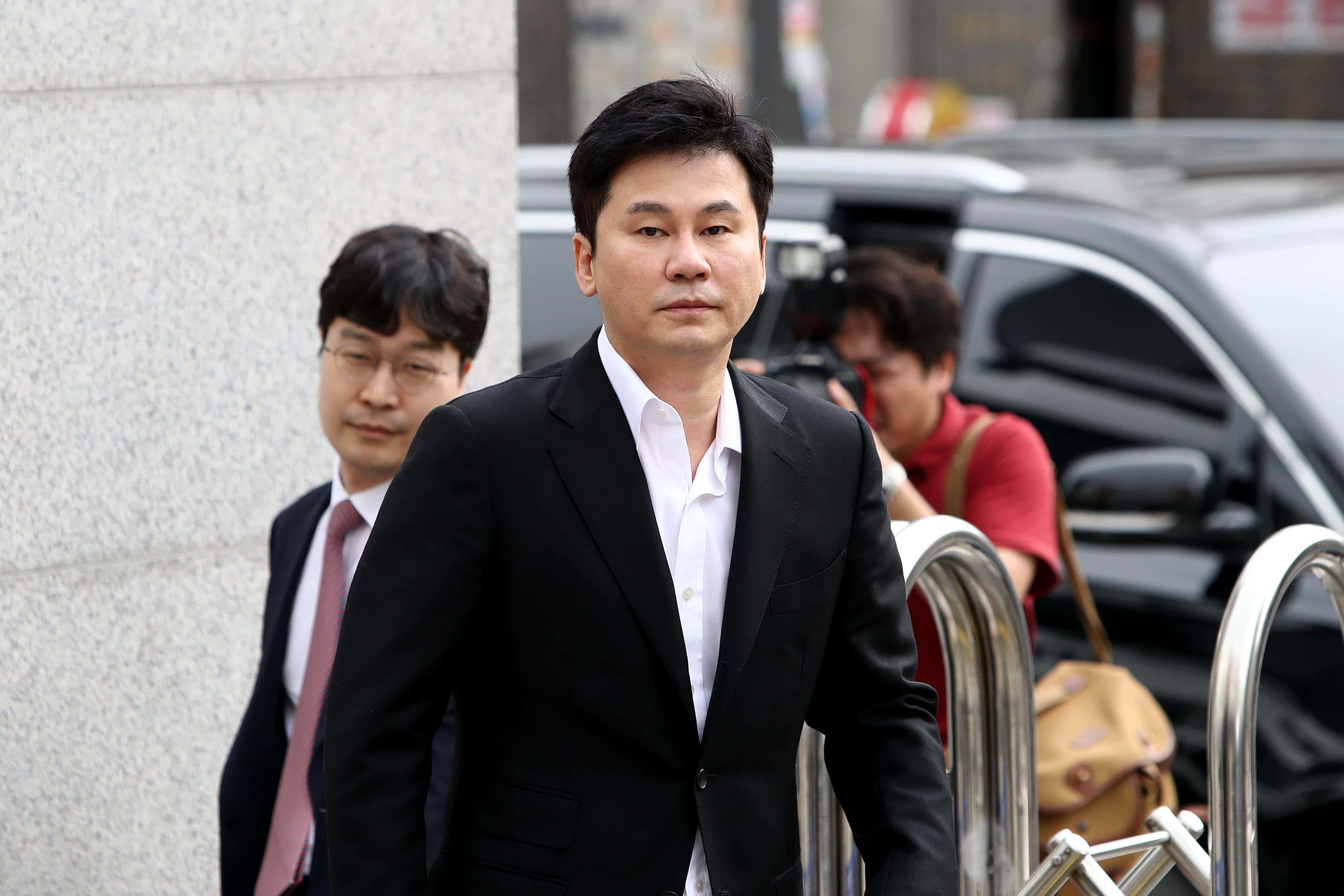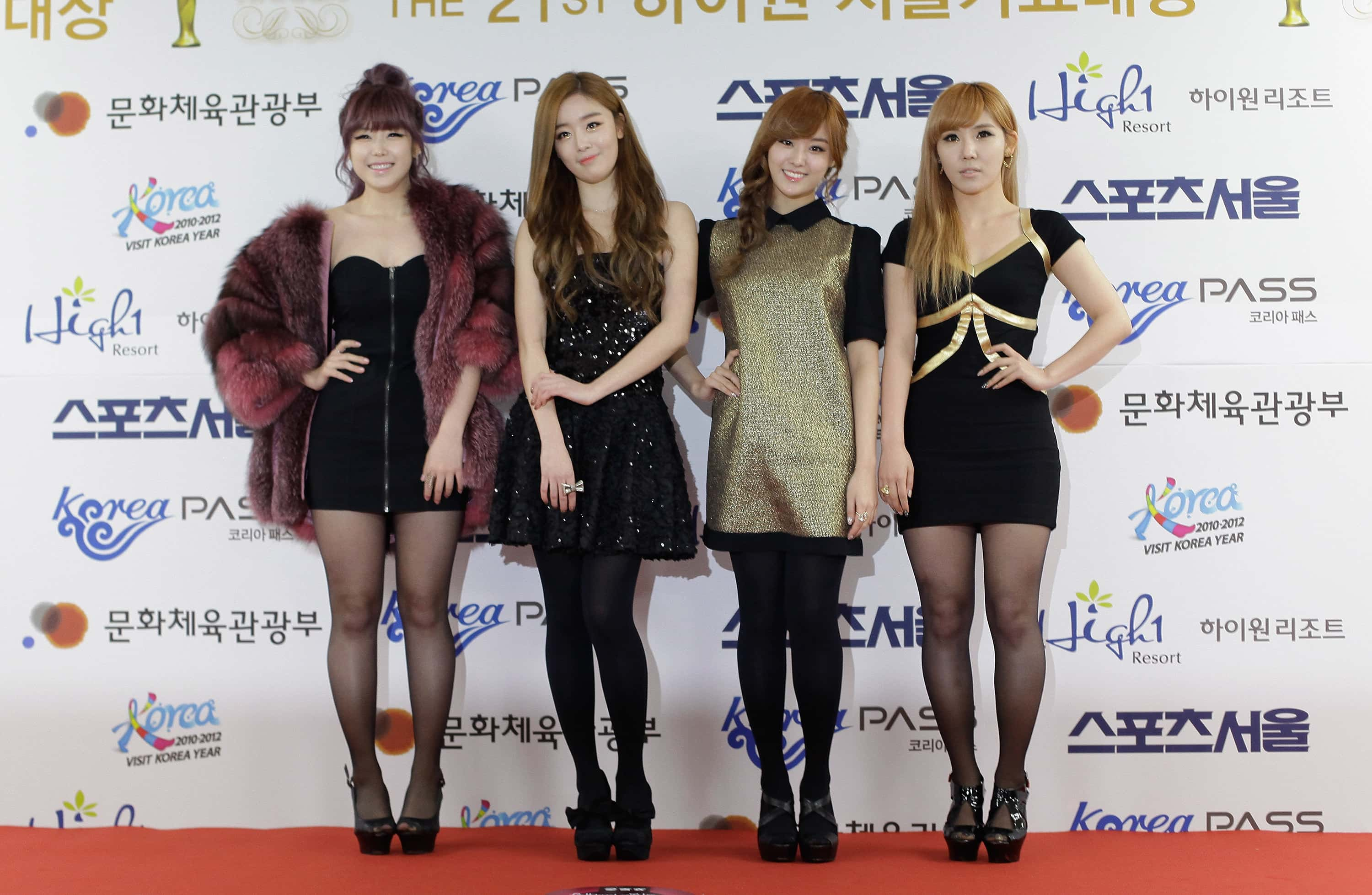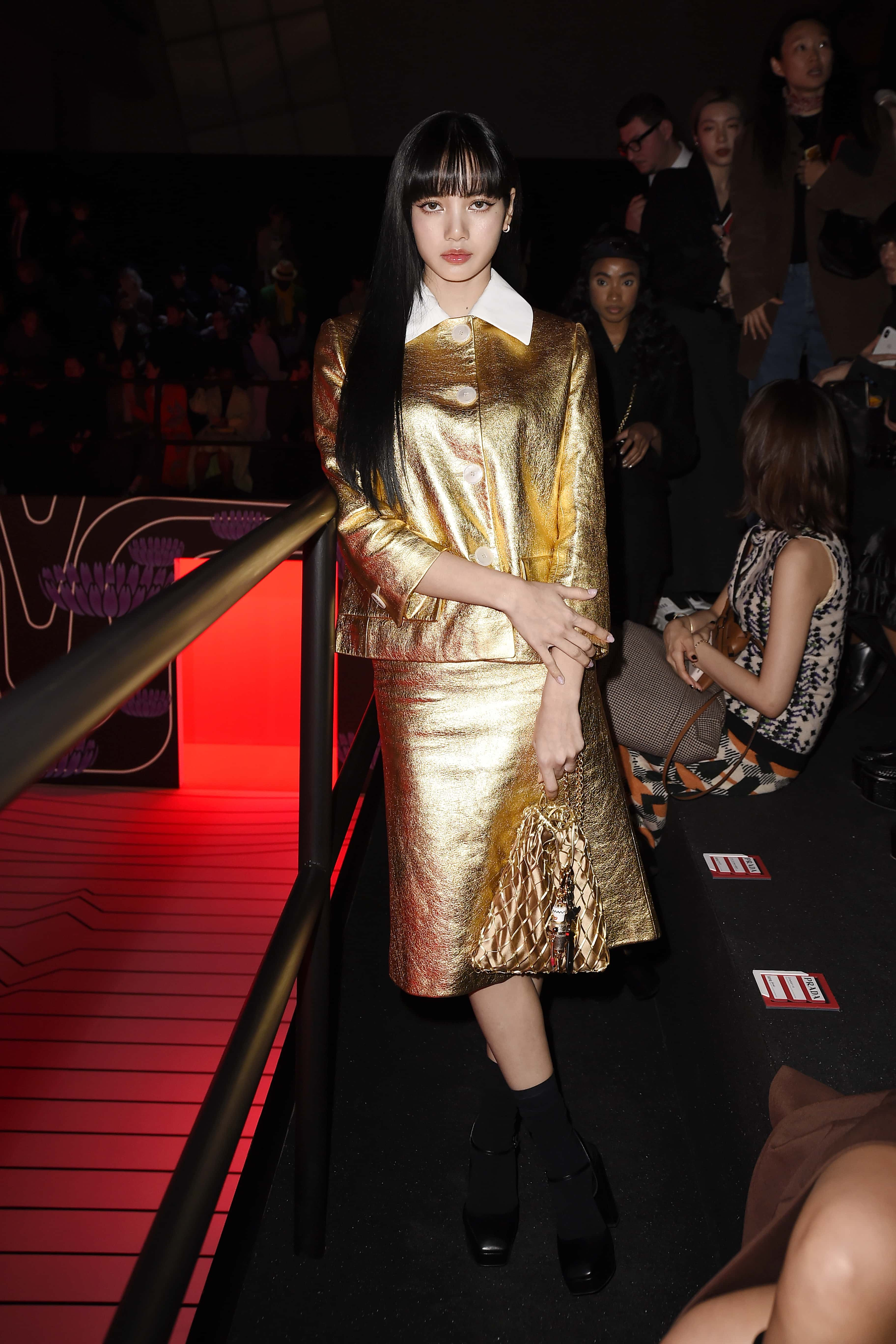K-pop Exposed: How mistreatment and mismanagement are often confused making it harder to save idols from abuse

K-pop has had a long and illustrious run thus far. South Korea's contemporary music industry has its roots in the evolution of traditional music into a blend of local and international styles, owing largely to how the country's political landscape was redefined over time. But along with the musical styles shaping up into the "K-pop sound", the industry has seen an interesting blend between South Korean culture and the increasing Westernization that has seeped in over the last decade or so.
And one area where this shifting boundary is alarmingly apparent is in the abuse idols often endure while trying to manifest their dreams. But where things get murky in the conversation around abuse is in the confusion of the terms "mistreatment" and "mismanagement".
Mistreatment generally encompasses several forms of abuse, including mental, emotional, physical and financial, and is sadly commonplace in the entertainment industry. Within K-pop, mistreatment is often seen occurring between an idol and older members of their group, crew, entourage or label.
The age hierarchy that exists in South Korean culture means this is often seen as acceptable behavior since an older and more experienced person in the industry hurling any form of "abuse" an idol's way is seen as the kind, educational words and actions of one's superior and automatically deemed worthy of respect. Thus, even as fans cry abuse when they spot what they label abuse, it rarely leads to any real consequences for the alleged abusers.

Abuse, as defined by international fans, extends from industry giants like YG Entertainment's ex-CEO Yang Hyun-suk and Woolim Entertainment's CEO Lee Jungyeop making disparaging comments about the looks of idol groups like 2ne1 and Infinite, which included calling them ugly on camera and fat-shaming them. Lee was also seen verbally and physically assaulting Infinite members on an Instagram live from member Nam Woohyun, something he later apologized for.
And while instances like these were caught on camera, the worst usually happens off-screen, such as Trot singer Hong Jin-young's physical assault at the hands of her manager, which she briefly touched on during her appearance on the second season of the show 'Sisters Slam Dunk'.
Outside of violence, abuse was also often perpetuated via "slave contracts" which lock underaged idols into unfair, long-term deals with management agencies that often rob them of their youth, their earnings, and in some cases, their mental health. Slave contracts allowed managers to control idols' daily lives, including their diets, love lives, friendships, use of phones and social media and much more.
Additionally, the contracts required trainees to pay back the cost of their training and living experiences during the period, meaning most would debut with a debt. Such contracts generally included clauses that saw trainees as young as 12 sign on to be groomed by the labels in preparation for their eventual debut. During their training period, the idols live in overcrowded dorms with limited facilities.
Visuals of such dorms were often freely seen in earlier variety shows, such as 'Invincible Youth' which revealed the four members of Secret sleeping in a small room that barely allowed enough space for their two mattresses. The room had a single window, over which the girls taped aluminum foil to allow for some privacy. After public outcry, however, scenes like these rarely make their way to TV anymore. That does not, however, mean the abuse ever really ended.

Abuse in K-pop is so commonplace and normalized that when the management teams of groups helped orchestrate their "kidnappings" for entertainment, such as BTS for the show 'American Hustle' or VIXX to please the daughter of Kazakhstan’s president, most outlets described it as "endearing". But throughout K-pop's history, global audiences have positioned themselves as champions for the cause and saviors of the idols being abused by their labels. Unfortunately, their confusion between mistreatment with mismanagement made it harder for anyone to actually isolate when abuse was truly taking place.
Mismanagement relates to how a group's activities and schedules are handled by their label. For most fans, a steady stream of quality content is seen as the biggest indicator of proper management. This extends to adequate marketing for every project and a full promotional schedule that sees fan-favorite acts land a spot on every popular show locally within South Korea and internationally where applicable.
When fans believe the group's management isn't doing enough, they take it upon themselves to contact networks and get their idols on the most popular shows, such as in the case of GOT7. Fans also note whether labels are adequately promoting their idols' music and merchandise internationally, and further point to line distribution and screentime in songs and music videos as indicators of mismanagement and favoritism within companies.
Despite the difference between the two terms seeming simple enough, more often than not mistreatment and mismanagement are used interchangeably. This has led to fans deeming the lack of adequate promotion and inept handling of an idol's career as a form of abuse. And this is where things get truly confusing.
Earlier this year, fans of the J-FLO Entertainment group Newkidd began raising alarm after three of its members seemingly 'disappeared'. The seven-member group debuted with their self-titled single album in April 2019 and went on to promote their release across major music shows. It seemed like things were going their way after a successful start, but the group's activities slowly dried up, and eventually, came to a screeching halt.
And by April, the label had stopped including three members in any of their released photos or videos, causing fans to wonder where the members were. The label later revealed via a statement that the three members had been hospitalized, providing no more details, causing fans to accuse them of mistreating and abusing the idols. A thread from one fan read, "J-FLO entertainment is mistreating Newkidd, and now members are hospitalized as a probable result."
The fan listed out the various ways Newkidd's fans believe they are being abused. And it includes instances of mismanagement such as favoritism, debut and comeback delays, and unequal line distribution and screentime, punctuated by instances that seem to point to a 'slave contract' including the young ages of members and excessive control of their social media usage.
PLEASE RT!
— rudy ☆ ˢᵗᵃʳᵍᵃᶻᵉʳ (@gwsnpinkystar) May 25, 2020
J-FLO entertainment is mistreating Newkidd, and now members are hospitalized as a probable result.
We are a very small fandom and we need help to spread the word of their mistreatment of this group. The situation is explained more in the thread below. #NewkiddAre7 pic.twitter.com/ek9cw5mU0p
Despite there being instances of both abuse and mismanagement, the focus has remained largely on the missing members, with fans demanding an answer on their whereabouts. Why this becomes an issue is because social media presence is hardly an indicator of an idol's well-being. J-FLO attempted to use this hyperfocus to their advantage, posting older shots of the missing members. Fans, however, were able to spot the attempt at misdirection and called it out. There's no reason they would have expected this wouldn't work. After all, this method has been used frequently by other labels in the past.
Social media affords idols the opportunity to keep fans updated, so in this day and age, fans expect idols to let them know they're okay. But this seemingly one-on-one personal relationship is more often than not a farce, seeing as idol personas are carefully constructed and heavily monitored by their labels, slave contract or not, and this control usually extends past the expiration of their contracts.
An idol's career could see more damage from them speaking up about management-related issues than by mismanagement itself, and they may never work in the industry again if they dare speak up about abuse. This largely stems from the hierarchical system wherein speaking out is seen as disrespectful towards one's superiors, a form of 'biting the hand that feeds you', as it were. But where the confusion over the two terms becomes an issue is in the protection it offers a label.

Blackpink fans, for instance, have pushed for more content from the group, as have its members. The term 'mistreatment' frequently gets used with regard to the group's lack of activities and promotional appearances. As a result, YG has given fans exactly what they want this year: just over halfway through 2020, Blackpink has a record-breaking pre-release single out, a collab with Selena Gomez on the way, their first full-length Korean album out in October, and other activities including Jisoo's debut in a lead role for the drama 'Snowdrop'.
And that essentially is their answer to allegations of mistreatment: the girls are being managed properly, finally. Yet, in reality, the allegations of deteriorating mental health and lack of security remain, with Jennie still receiving hate and death threats and no word from YG on how they intend to deal with the situation. And as fans look to the idol's social media for an answer, it delivers a stream of gorgeous new selfies from Jennie, which seemingly paint the pretty picture that there is, in fact, no mistreatment taking place. After all, they've got a major comeback on its way.
K-Pop Exposed is a column that gets under the hood of what's happening behind-the-scenes in the world of South Korean pop










